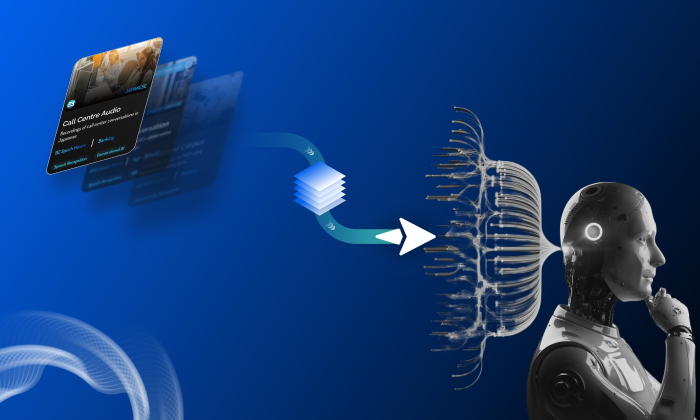What are voice biomarkers in healthcare?
Voice Biomarkers
Healthcare
Speech AI
Voice biomarkers are a fascinating development in healthcare technology, offering a non-invasive way to monitor and diagnose various health conditions. By analyzing unique vocal features such as tone, pitch, rhythm, and frequency, healthcare professionals can gather valuable insights into a patient's physical and mental state. This method holds promise for improving patient care without the need for intrusive procedures.
Why Voice Biomarkers Matter
Voice biomarkers are significant for several reasons:
- Non-invasive diagnostics: They allow for continuous health monitoring, particularly beneficial for patients with chronic conditions or those in remote locations.
- Early detection: Subtle changes in voice can signal the onset of health issues like respiratory infections or mental health disorders, enabling timely intervention.
- Personalized healthcare: By analyzing an individual’s unique voice profile, treatments can be tailored to better meet personal health needs.
- Cost efficiency: Reducing the need for frequent diagnostic tests and hospital visits lowers overall healthcare expenses.
How Voice Biomarkers Work in Healthcare
The process of using voice biomarkers involves several key steps:
- Data collection: Voice samples are recorded using everyday devices like smartphones. This data can be collected in both clinical and daily settings.
- Feature extraction: Advanced algorithms analyze the acoustic features of these samples, focusing on elements like frequency, amplitude, and stress patterns.
- Pattern recognition: Machine learning models identify patterns and correlations between vocal features and specific health conditions, trained on extensive speech datasets.
- Clinical interpretation: Healthcare professionals interpret the analysis results to make informed clinical decisions.
Real-World Applications
Voice biomarkers have been successfully applied in various fields:
- Respiratory disease monitoring: Changes in voice can indicate conditions like asthma or chronic obstructive pulmonary disease (COPD).
- Mental health assessment: Vocal patterns can reflect stress, anxiety, or depression levels.
- Neurological disorders: Conditions like Parkinson’s disease can be monitored through specific changes in vocal characteristics.
Challenges and Considerations
Despite their potential, voice biomarkers come with challenges:
- Data quality: The reliability of voice analysis depends on the quality of the recordings, which can be affected by background noise and recording conditions.
- Privacy concerns: The use of voice data must comply with regulations like HIPAA and GDPR to ensure patient confidentiality.
- Interpretation accuracy: Misinterpretation of vocal data can lead to incorrect diagnoses, so it should be supported by other diagnostic methods.
FutureBeeAI’s Role in Enhancing Voice Biomarkers
FutureBeeAI specializes in creating high-quality datasets that empower advancements in AI-driven healthcare applications. Our expertise in speech data collection and annotation ensures that the voice datasets used in healthcare are diverse, ethically sourced, and tailored to specific use cases. By partnering with healthcare innovators, we help drive the development of reliable voice biomarker systems that can transform patient care.
FAQs on Voice Biomarkers
Q. What health conditions can be monitored using voice biomarkers?
A. Voice biomarkers can help monitor respiratory diseases, mental health disorders, and neurological conditions by analyzing changes in vocal patterns.
Q. How reliable are voice biomarker analyses?
A. The reliability of these analyses depends on the quality of data collected, the sophistication of the algorithms used, and the expertise of healthcare professionals interpreting the results. Continued research is essential to enhance accuracy across diverse populations.
What Else Do People Ask?
Related AI Articles
Browse Matching Datasets
Acquiring high-quality AI datasets has never been easier!!!
Get in touch with our AI data expert now!








